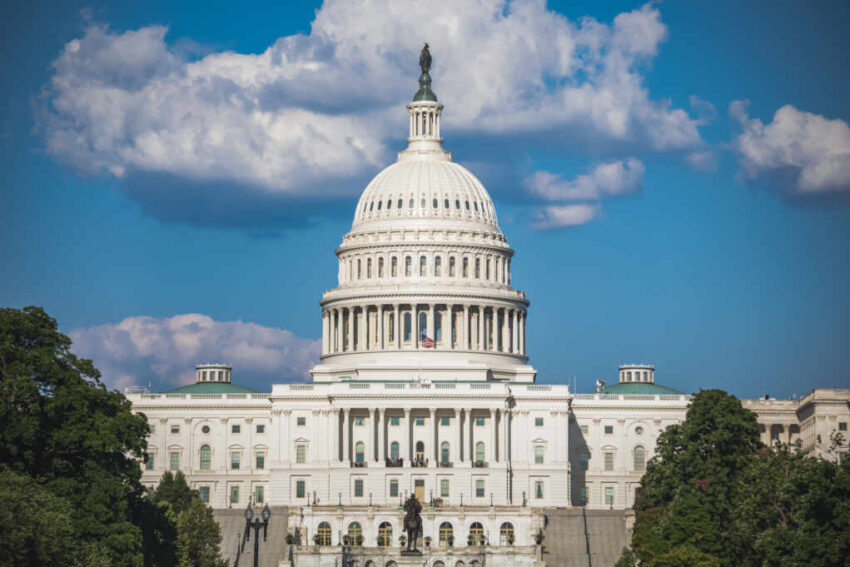Congress faces escalating shutdown pressure, risking a partial government halt and economic fallout.
At a Glance
- The Senate has passed three of twelve appropriations bills ahead of deadline
- Deep GOP divisions threaten bipartisan budget talks
- Democrats face progressive backlash over White House spending cuts
- Senate leaders warn of “sabotage politics” as deadline looms
- A shutdown would mirror the 35-day crisis of 2018–19
Early Progress, Fragile Peace
In a rare feat of legislative efficiency, the Senate has already advanced funding bills for Veterans Affairs, Agriculture, the FDA, and congressional operations—a pace not seen since 2018. While hailed as a step toward stability, this early progress masks the looming threat of collapse: nine essential appropriations remain untouched, and lawmakers have just weeks to finalize them before the October 1 fiscal deadline.
Watch now: Republicans plan to avoid 2025 government shutdown, talks with Israel amid ceasefire tension · YouTube
Despite initial momentum, lawmakers acknowledge the ground is fragile. Funding negotiations, already complex, have been further complicated by deepening rifts within both parties and mounting public pressure to avoid another protracted shutdown. The 2018–2019 crisis, triggered by disputes over border funding, cost the U.S. economy an estimated $11 billion—$3 billion of which was permanently lost.
Partisan Deadlock Intensifies
Though Republicans control both chambers of Congress and the White House, they remain sharply divided over budget priorities. Fiscal hardliners in the House have threatened to derail any deal that includes Democratic concessions, while Senate moderates push for bipartisan compromise to maintain operational continuity.
Majority Leader John Thune has taken a combative tone, blaming Senate Democrats for courting disaster. He warned of a “Schumer shutdown,” accusing Democrats of bending to progressive demands at the expense of national stability. Behind closed doors, Republican leaders are even floating a rare procedural maneuver—budget reconciliation—to push through appropriations with a simple majority if talks collapse.
Democratic Crossfire
On the Democratic side, Senate Majority Leader Chuck Schumer is navigating pressure from his left flank, where progressive lawmakers have slammed recent budget rescissions proposed by the executive branch. Calls to resist GOP demands are growing louder, placing Schumer in a strategic bind: concede ground to avoid a shutdown or hold firm and risk blame if the government grinds to a halt.
Public trust in congressional leadership is already tenuous. A recent poll shows the majority of Americans consider using government shutdowns as a policy tool “totally unacceptable.” If no compromise emerges, millions of federal workers could face furloughs, vital services could be suspended, and the political fallout could reverberate into 2026.
Edge of the Abyss
History suggests the stakes are high. The longest federal shutdown in U.S. history lasted 35 days and ended only after widespread public outcry and economic damage. Experts warn that another prolonged halt would not only cripple agencies but erode international confidence in U.S. governance.
Whether Congress can overcome ideological trench warfare and broker a deal in time remains uncertain. One thing is clear: failure to act could ignite a legislative meltdown just as the nation heads into a contentious election year.
Click this link for the original source of this article.
Author: Editor
This content is courtesy of, and owned and copyrighted by, https://thecongressionalinsider.com and its author. This content is made available by use of the public RSS feed offered by the host site and is used for educational purposes only. If you are the author or represent the host site and would like this content removed now and in the future, please contact USSANews.com using the email address in the Contact page found in the website menu.








